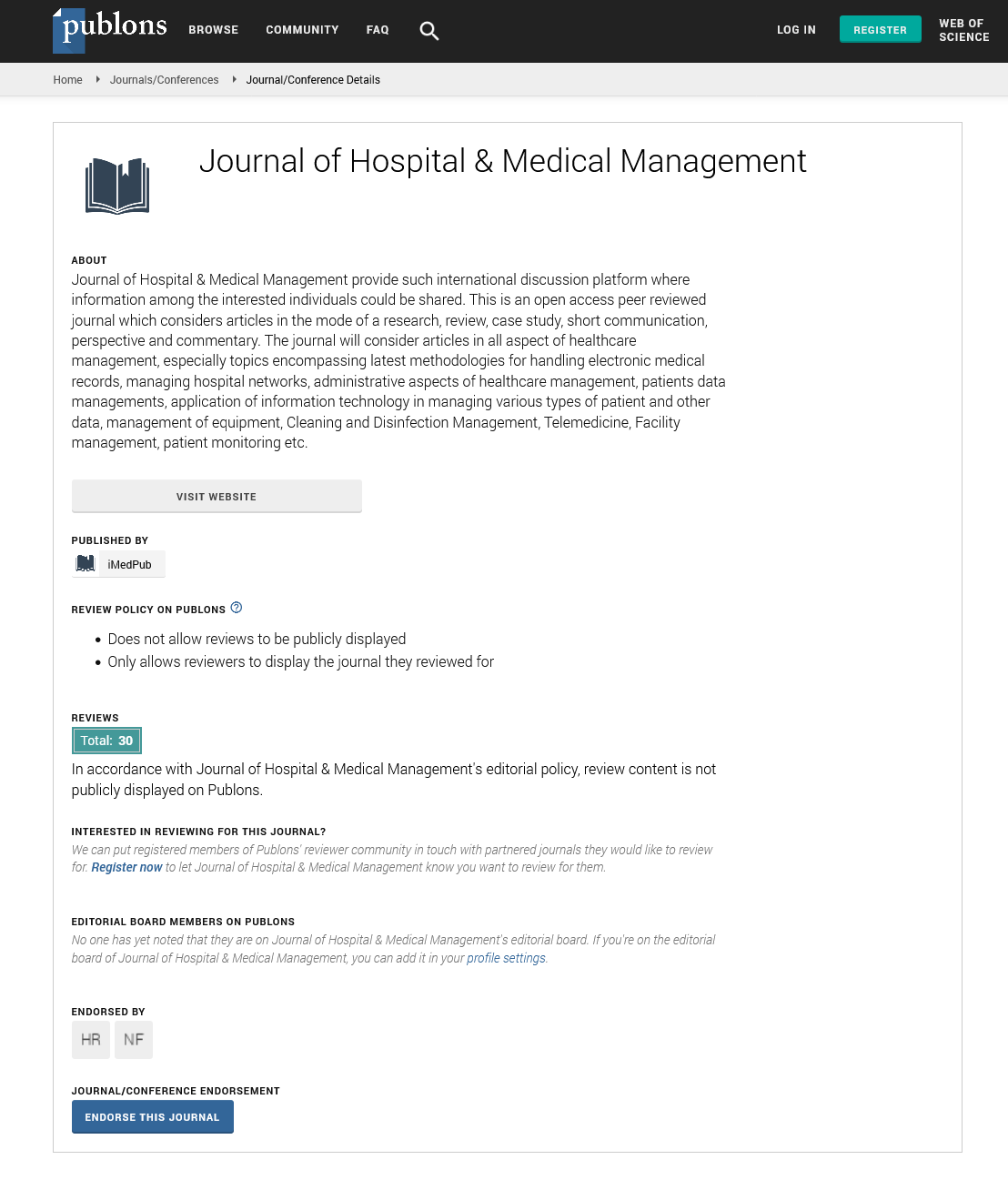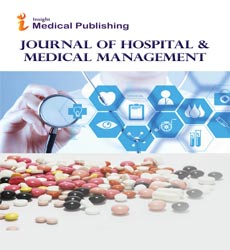Abstract
An Investigation into Disaster Health Management in Saudi Arabia
The increasing occurrence of disasters around the world raises the issue of the effectiveness of a country’s crisis management systems, for example, the Kingdom of Saudi Arabia. Besides the potential damage and disruption to infrastructure, disasters can have a major effect on the health of a population. The direct consequences of a disaster are well known, i.e. deaths, injuries, disabilities and illnesses. Less well known are the indirect impacts on the overall health of a nation, in particular, its infrastructure, health systems, and service delivery. Such disasters can lead to long-term detrimental effects, namely, the erosion of social development and the loss of hard-won health and well-being gains. Therefore, there is a need for health to be a crucial consideration in disaster management. The current study sought to assess the Kingdom of Saudi Arabia’s (KSA) disaster health management system, with a focus on an examination of the intersection between healthcare and disaster management in the country. This investigation utilizes the (DHM) by utilizing the Disaster Health Management (DHM) model, developed by the World Health Organization (WHO). The findings show that, despite the number of disasters that have already occurred, the KSA does not have a multi-sectoral state department endeavor that facilitates effective disaster health management. Instead, the KSA continues to take a traditional health approach in relation to their response to emergencies and disasters. The critical findings regarding the DHM in the KSA, as well as the recommendations for further research, are provided for improving the current system.
Author(s):
Saeed Mohammed Alraga
Abstract | Full-Text | PDF
Share this

Google scholar citation report
Citations : 319
Journal of Hospital & Medical Management received 319 citations as per google scholar report
Journal of Hospital & Medical Management peer review process verified at publons
Abstracted/Indexed in
- Google Scholar
- China National Knowledge Infrastructure (CNKI)
- WorldCat
- Publons
- International Committee of Medical Journal Editors (ICMJE)
Open Access Journals
- Aquaculture & Veterinary Science
- Chemistry & Chemical Sciences
- Clinical Sciences
- Engineering
- General Science
- Genetics & Molecular Biology
- Health Care & Nursing
- Immunology & Microbiology
- Materials Science
- Mathematics & Physics
- Medical Sciences
- Neurology & Psychiatry
- Oncology & Cancer Science
- Pharmaceutical Sciences


